The times they are a-changin’
The other day, as the New York Times was getting excited about Nobel Laureate Bob Dylan new album ‘Triplicate’, I had the opportunity of remembering one of his classic songs. Let me explain. I turned up at the School of Surgery in central London for an academic committee meeting early that morning only to find that it had been cancelled. Due to a IT problem the email with this information never reached me! Rather than brave the London tube again, I decided to walk back to my hospital, which took me past my old hospital which sadly no longer exists.
The old hospital in question was The Middlesex Hospital in Mortimer Street, London (Fig.1). The original institution was built in 1745 at Windmill Street and moved in 1757 to Mortimer Street. I arrived there over 20 years ago to train at the Institute of Urology/St. Peter’s Hospital, a highly desirable post amongst surgical residents.
The Middlesex Hospital was closed in 2005 and sold to developers. It now houses swanky apartments and businesses around a beautiful Pearson Square, named after John Loughborough Pearson, who designed the Fitzrovia Chapel (Fig. 2) in 1890 inside the hospital. The Chapel survived the redevelopment as it is a protected building. So did one of the walls of the old hospital along Nassau Street which housed the radiotherapy building (Fig. 3). That facade has been preserved beautifully although there are no patients housed behind it anymore (Fig. 4).
So why I am telling you all this? Nostalgia you may say. But in fact much more. The 3 mile walk that morning allowed me to reflect on my own contribution to science and that of two friends who although slightly ahead of me in the training program at The Middlesex Hospital are gentlemen that I greatly admire.
One is Mark Emberton, now Professor at UCL, who has, through the PROMIS study, established the use of MRI prior to prostate biopsies rather than random TRUS biopsies for patients with a raised PSA. The other is David Ralph, an acclaimed Andrologist, who has just published our Priapism Guidelines, a must read for everyone managing this emergency. There is no doubt that both have made significant contributions to British Urology and patient care in the last 20 years during which so many things have changed.
As for me, I headed to Queen Square from The Middlesex Hospital, where many years of basic research in a Medical Research Council (MRC) funded lab led to the description of the so called “Dasgupta technique” of injecting Botox into overactive bladders. I was pleasantly surprised to hear that it had made its way into a number of texts including Smith’s Textbook of Endourology.
There are however certain things that do not change much. Next to the Middlesex Hospital, on Cleveland Street was the legendary Ragam’s (Fig. 5), which many would regard as THE go to South Indian restaurant. The masala dosa (pancake with spicy potatoes and hot lentil soup) used to cost £3.95 in 1994; 20 years later the price has gone up by only £2 to £5.95 (Fig. 6), while the quality remains as outstanding as ever.

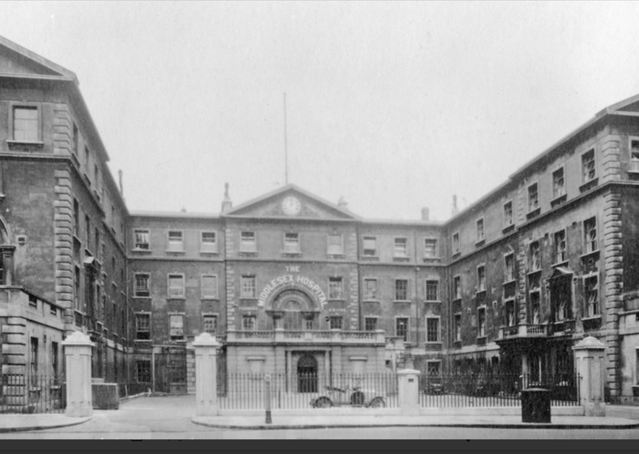
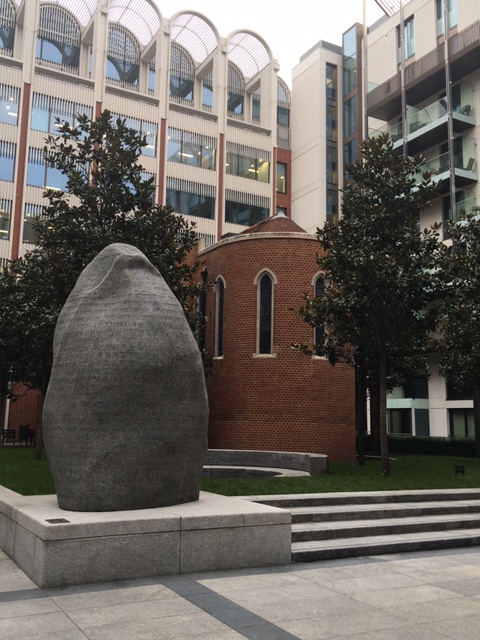
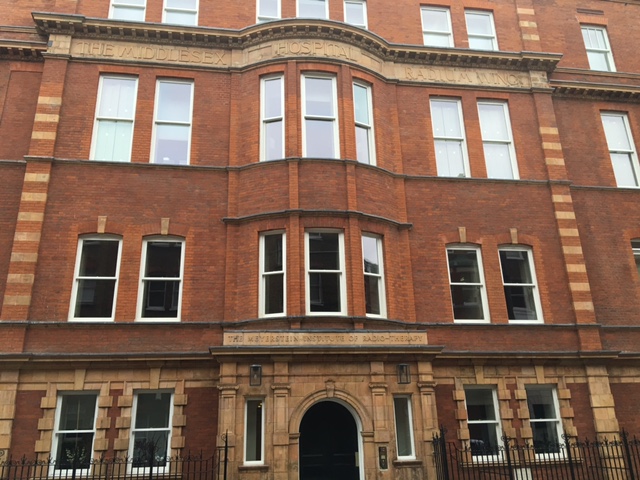
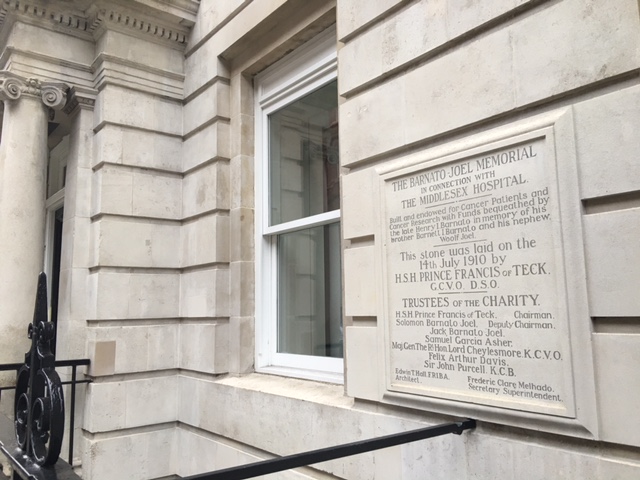


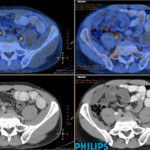
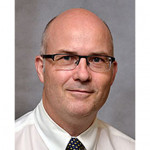
Love the blog PDG. I also Ragam!
Ragam!
It is sad when a major institution like this is closed and when one remembers the excellent training that we received by the masters of Urology, Richard Turner Warwick for me in 1989. But Ragam’s is still there and Urology still remains the most innovative surgical specialty now with many centres of excellence nationally.
Thank you for the compliment